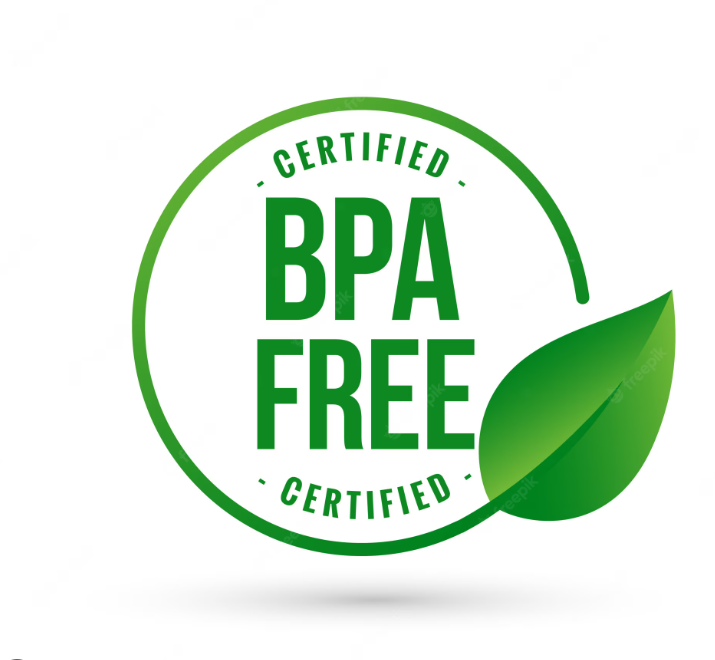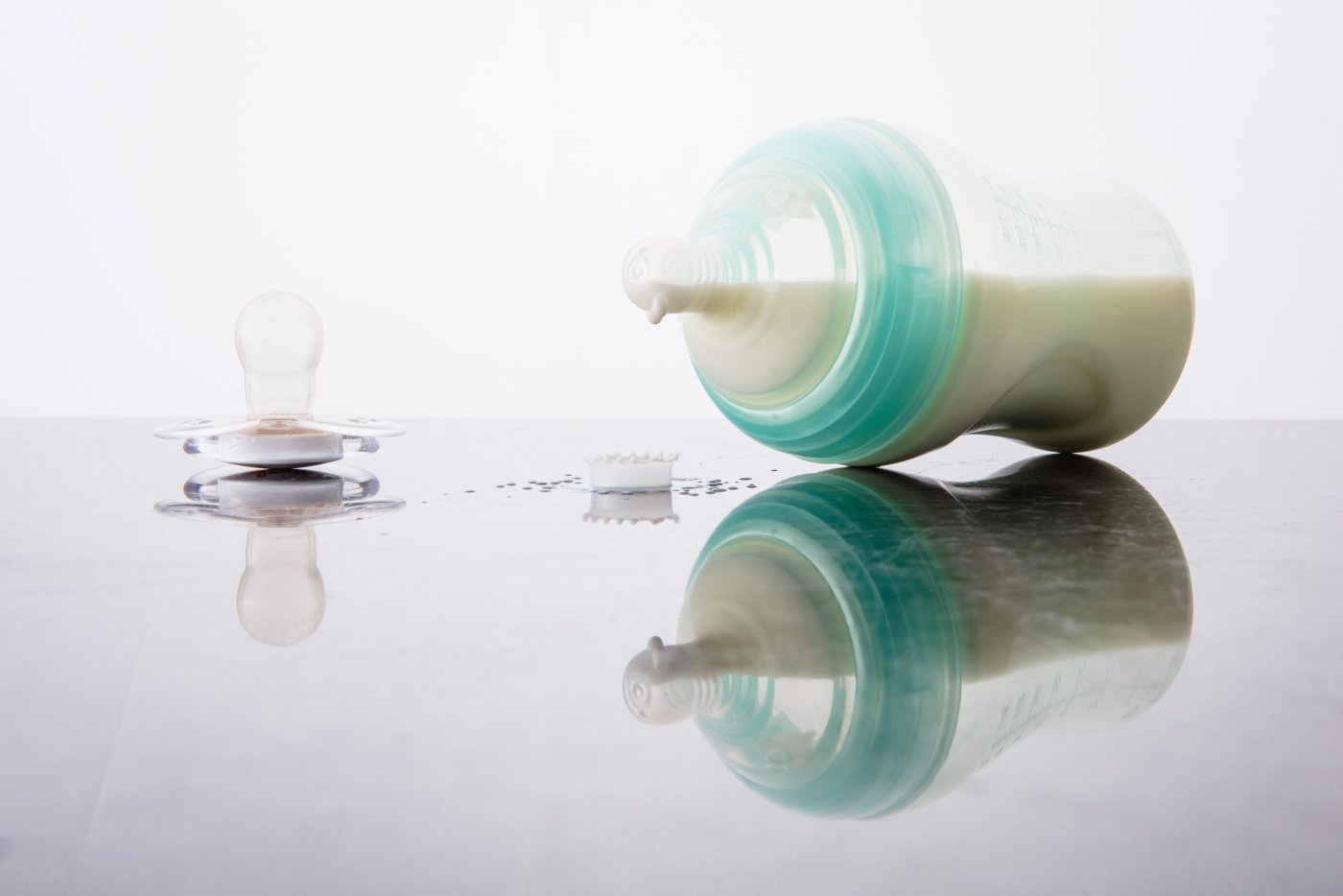What is Bisphenol A (BPA)?
13 March 2023As a parent(s), you may be concerned about the impact of various products on your child's health. If so, you may have heard about Bisphenol A (BPA), a chemical compound used in the production of polycarbonate, a hard, clear plastic often used in baby bottles.
Studies have shown that BPA can be released into food and drink in polycarbonate containers, which means that your child can be exposed to BPA if they use these products. High levels of BPA have been measured in the blood and urine of people who have consumed food and drink from polycarbonate containers.
There have been many studies on the potential effects of BPA on human health, particularly in infants and young children. Some of these studies have suggested that exposure to BPA during pregnancy and childhood may be linked to brain and behavioural development problems, as well as growth and reproductive problems. Other studies have also proposed that BPA exposure may increase the risk of certain chronic diseases, such as type 2 diabetes and obesity.
As a result of these concerns, many baby bottle manufacturers have started to use alternatives to BPA in their products. Similarly, many countries have banned or restricted the use of BPA in children's products. However, it should be noted that most of the studies on the health effects of BPA have been conducted in animals and the results are not necessarily applicable to humans. Further studies are needed to more definitively assess the effects of BPA on human health.
If you are concerned about your child's exposure to BPA, you can choose baby bottles made from alternative materials. In addition, you can avoid heating food or drinks in polycarbonate containers and check labels to ensure that other everyday products are BPA-free.
What are the alternatives?
◆Glass: Glass baby bottles are generally considered a safe and sustainable alternative to plastic bottles. They do not contain BPA and do not release harmful substances into food or drink. However, they can be heavy and fragile, which can make them less convenient to use.
◆ Silicone: silicone bottles are also a safe and durable option. They are BPA-free and resistant to high temperatures, making them easy to clean. However, they can be more expensive than plastic bottles.
◆BPA-free plastics: there are also plastic baby bottles made from alternative materials that do not contain BPA. These bottles can be made from BPA-free polypropylene, polyethylene or polyethylene terephthalate. However, it is important to check the labels to ensure that the bottle you are buying is BPA-free.
It is essential to note that although BPA has been questioned for its potential health effects, there is not enough evidence to support a definitive conclusion on its long-term effects on humans. However, if you prefer to be preventative and minimise your child's exposure to BPA, there are alternatives available on the market. It is recommended that you discuss with your doctor or healthcare professional for individual advice on which products are most suitable for your situation.
MyNursery 2022




